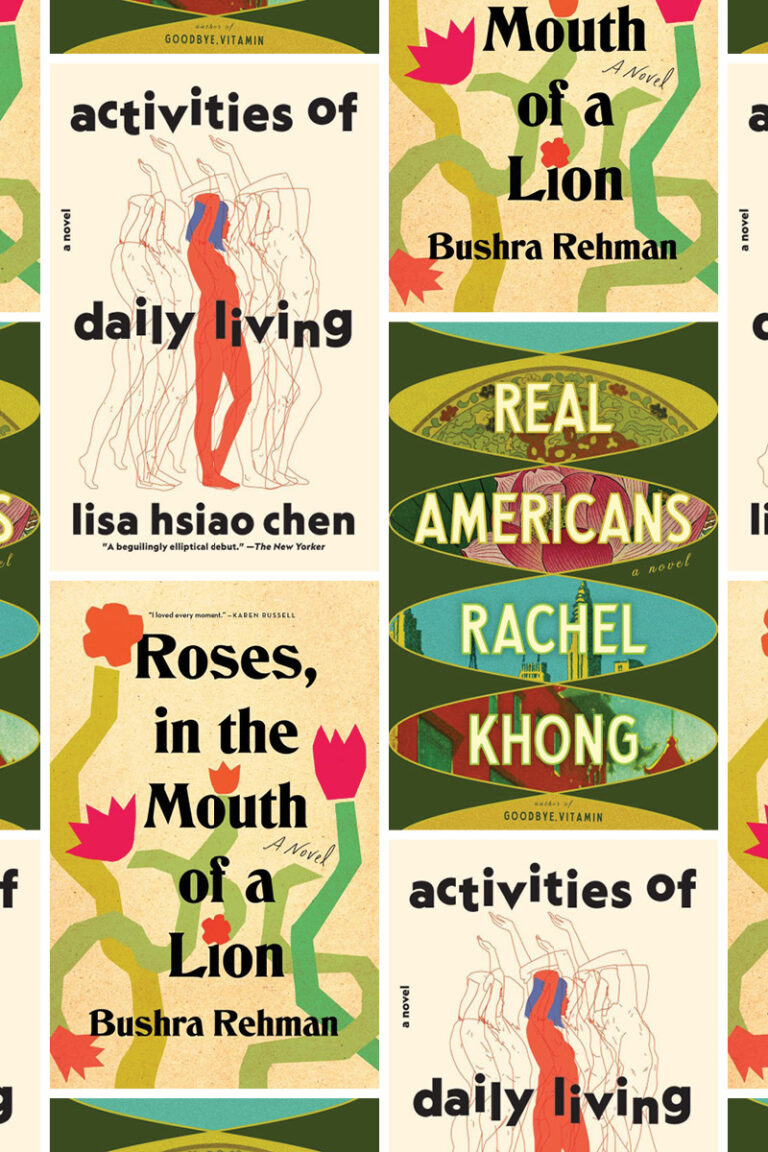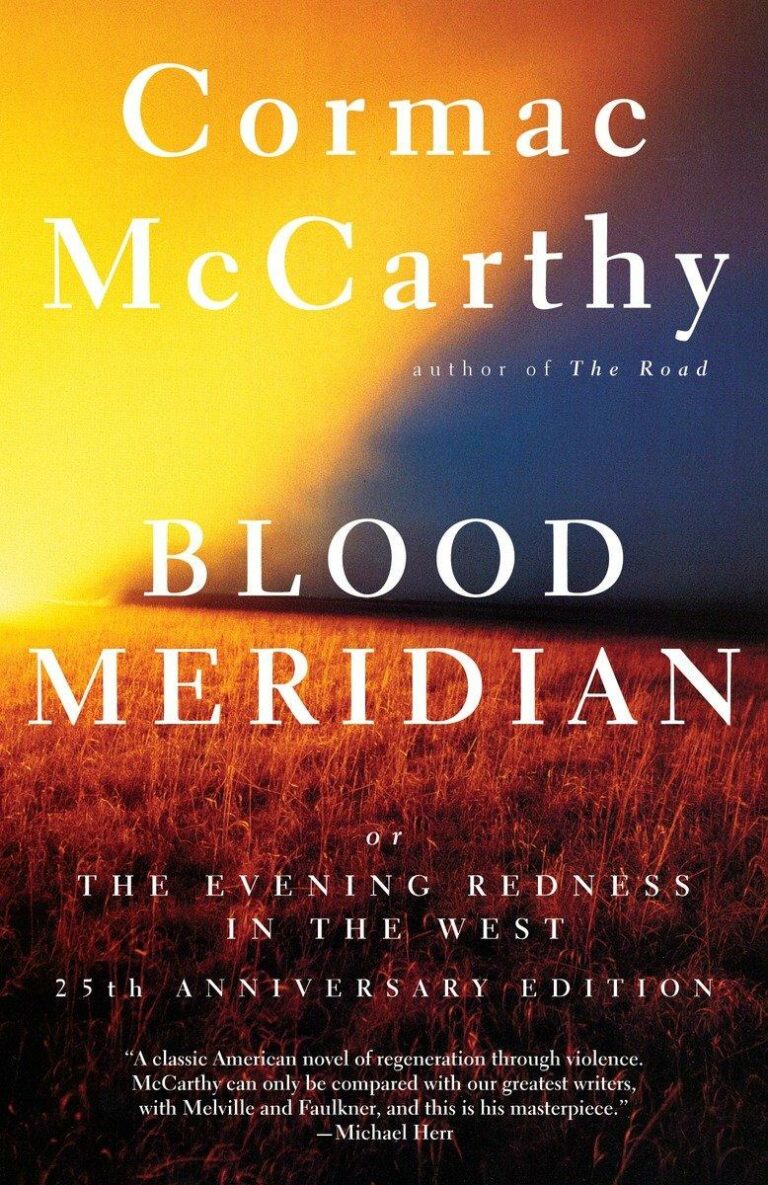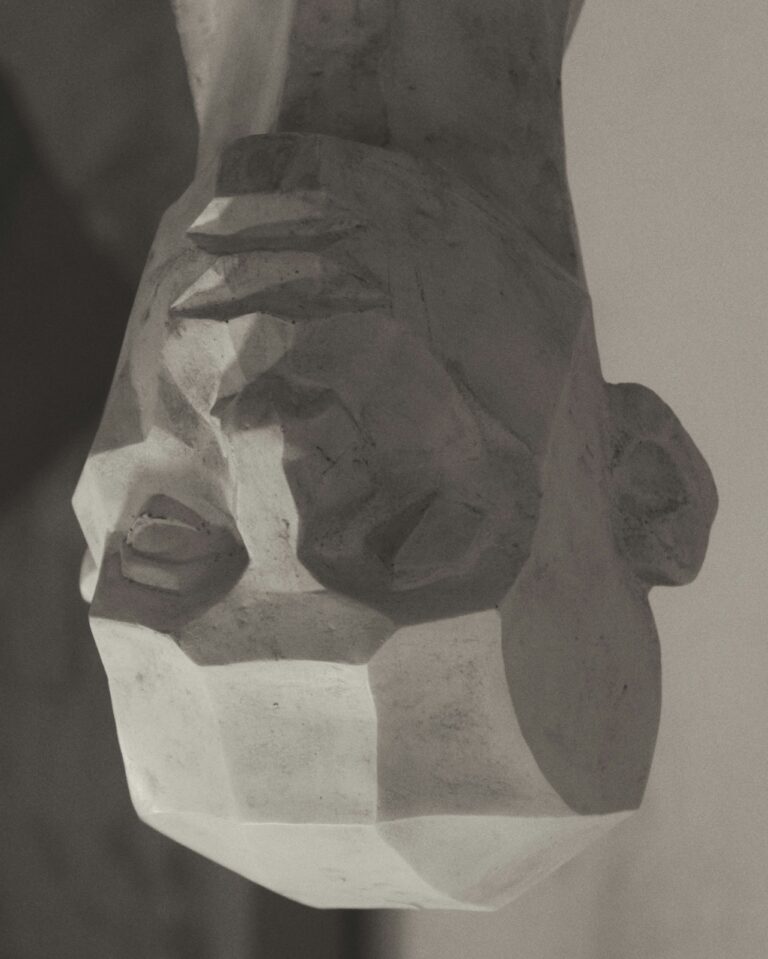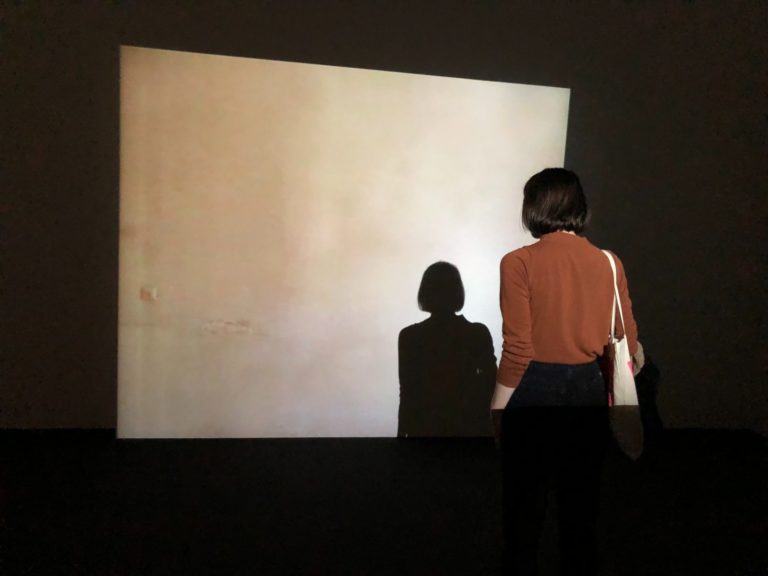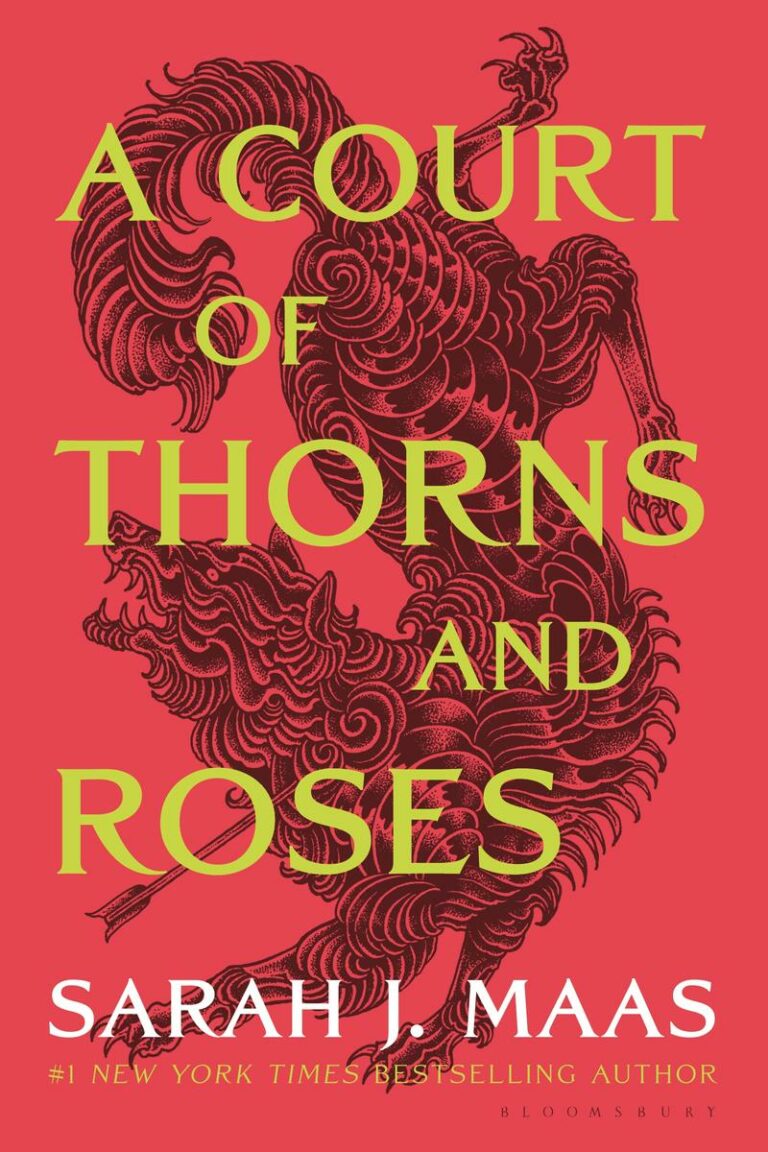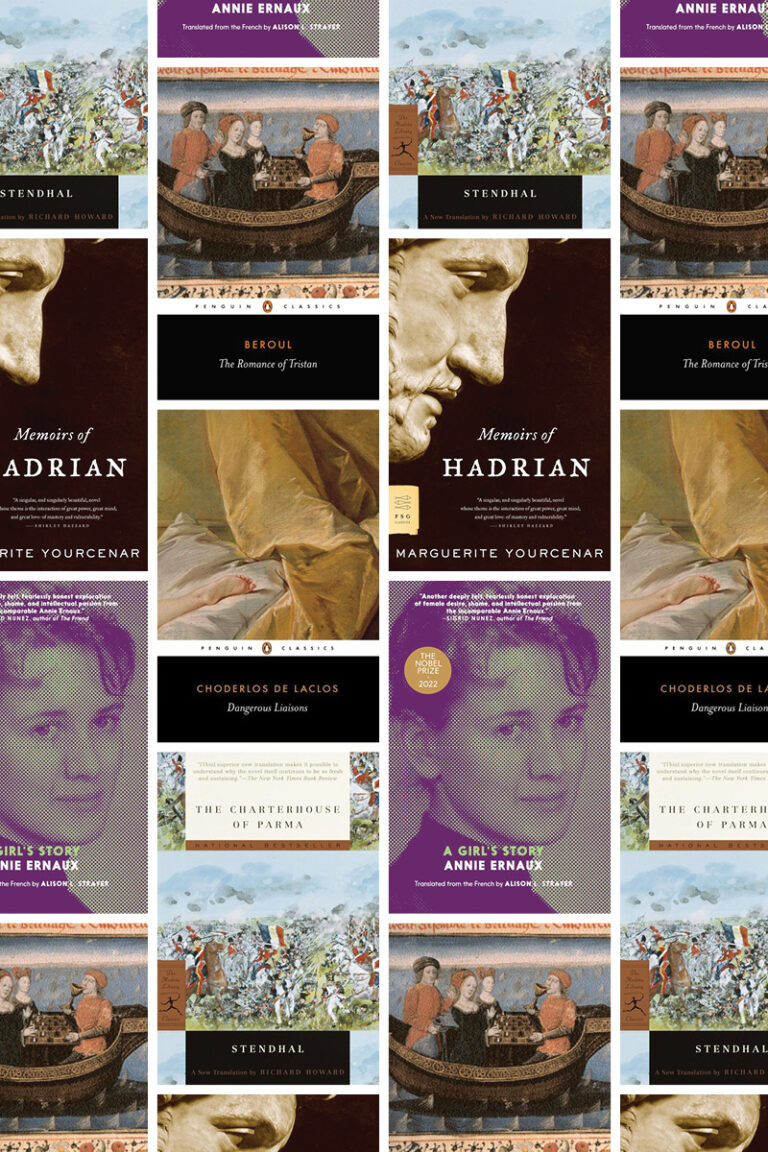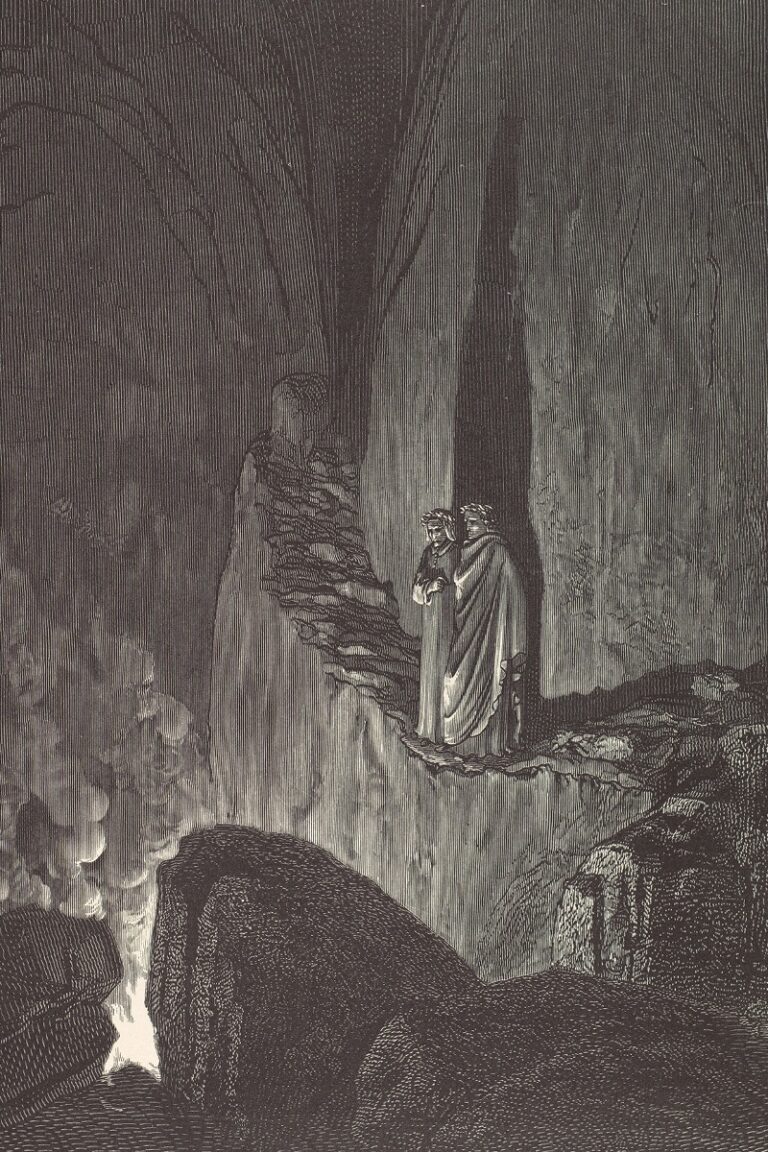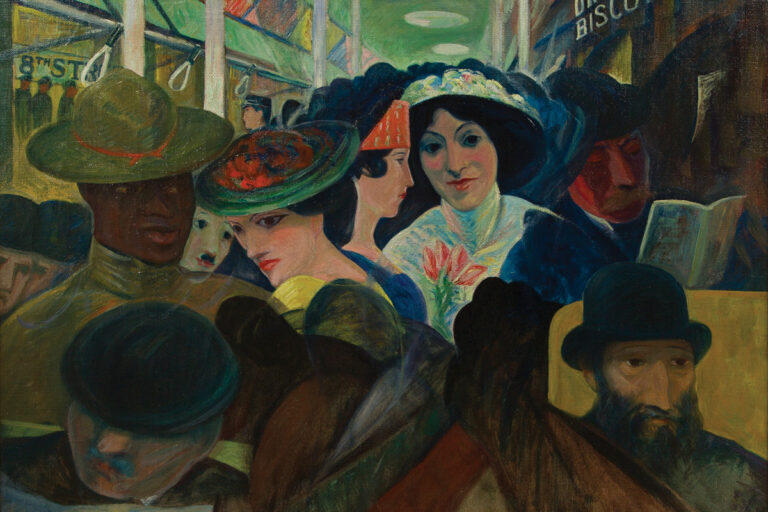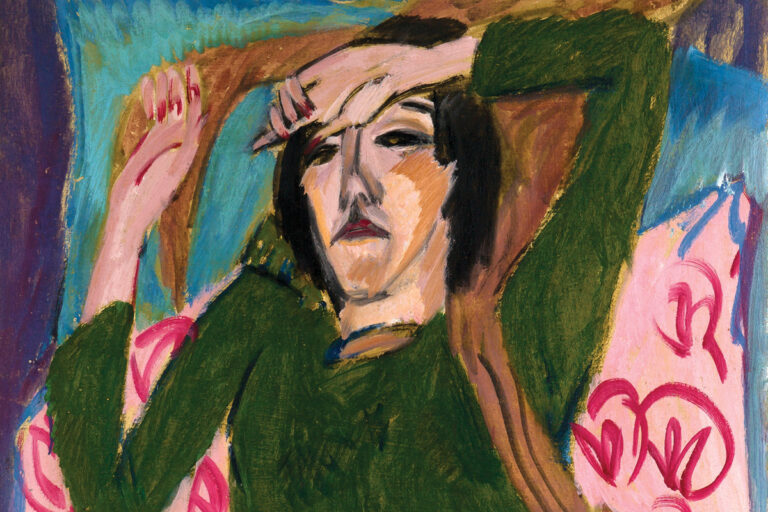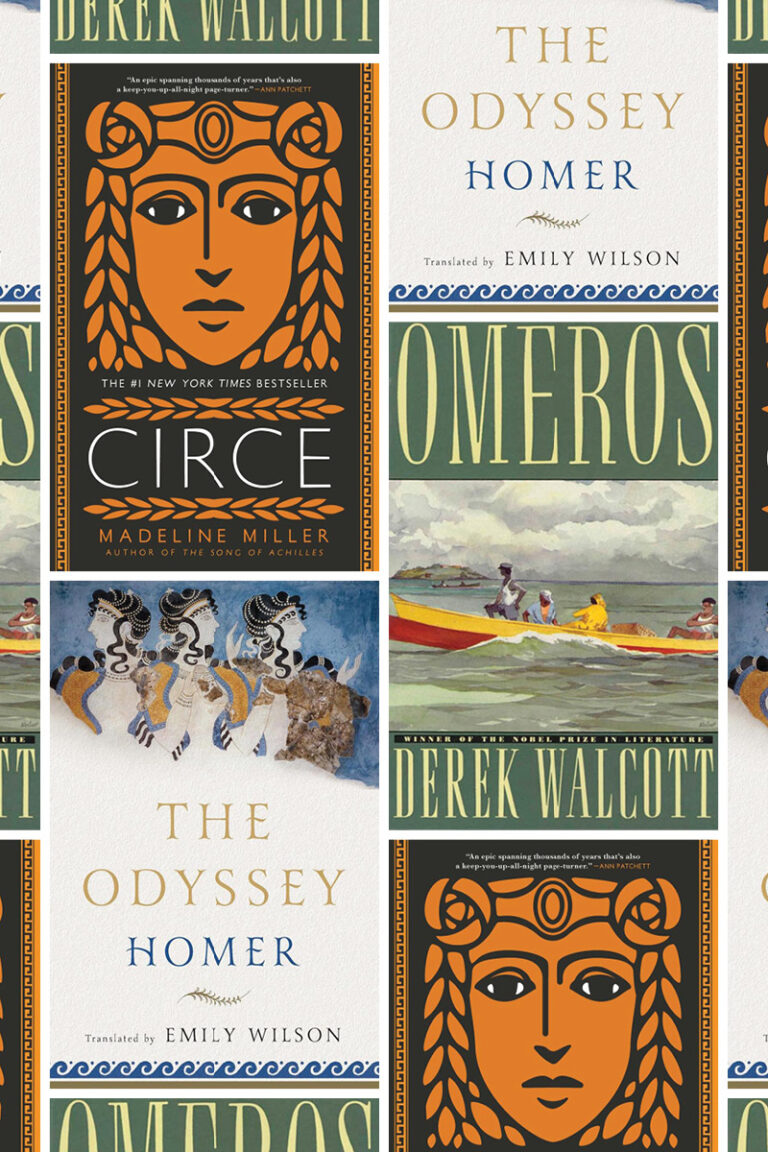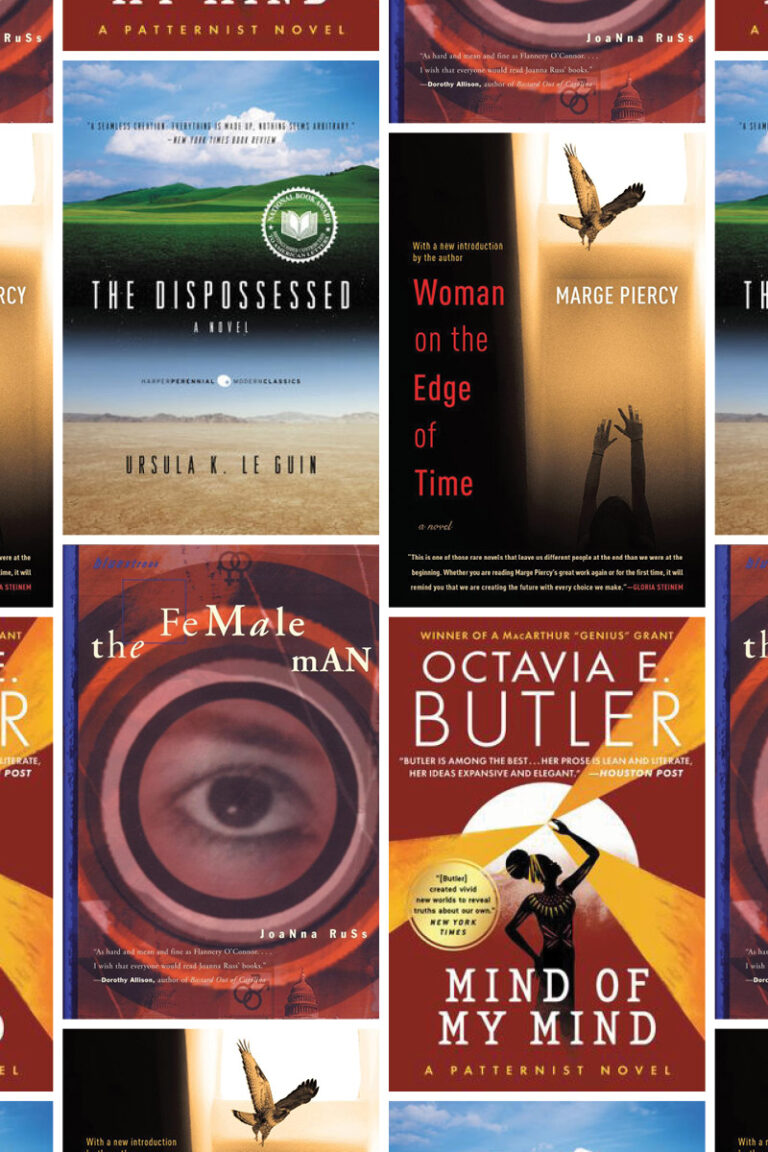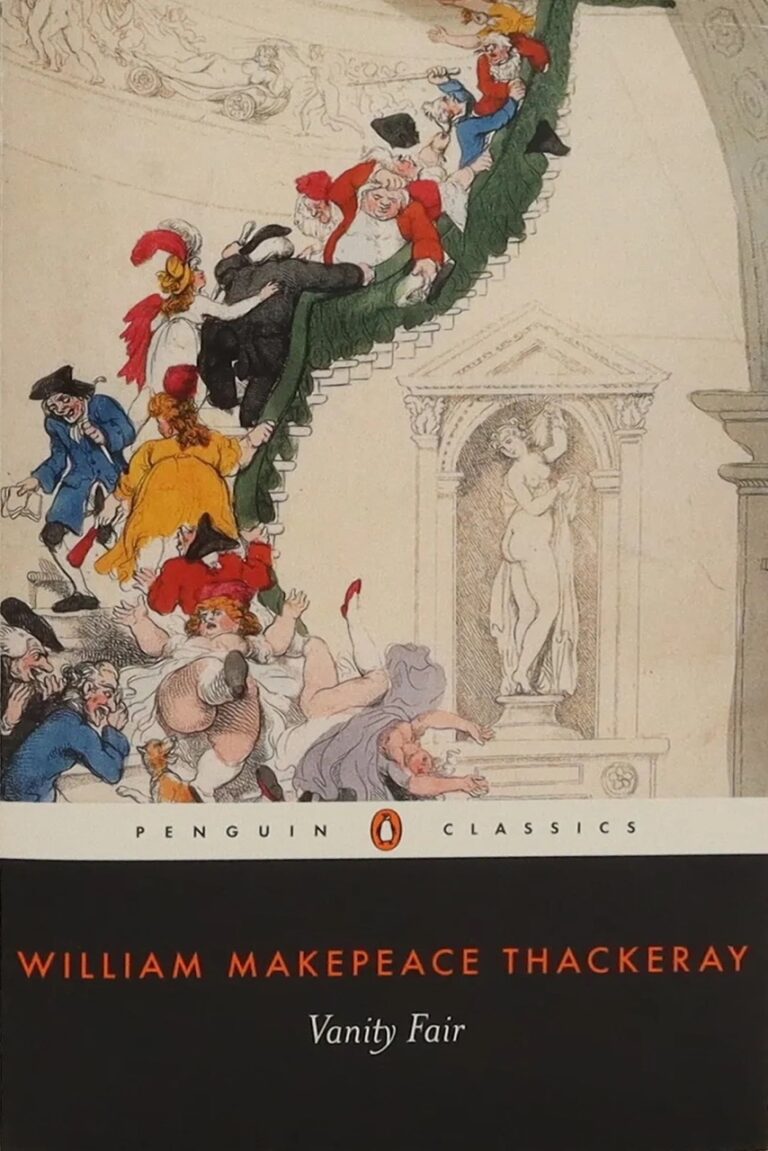$395
6 sessions
Out of stock
Once a week Mondays, 6:30 pm EDT - 8:30 pm EDT February 6 to March 13, 2023
Online via Zoom
This workshop has reached its capacity. To join the waitlist, please email Randy Winston at [email protected].
This course is designed for writers just starting out as well as intermediate writers looking to gain new insight into their process. Each week we will read one well-regarded short story, from modern masters to a Joyce classic. Our discussion of these stories will lead us into brief talks on of the fundamentals of craft at work in each. From these discussions we will take inspiration and have two opportunities to write, responding to craft-relevant writing exercises. If time and interest exist, we may share and discuss some of our in-progress work, but the main goal of this course is to get (re)acquainted with the fundamentals of great storytelling and to make new work. Each writer can expect to leave this course with a new awareness of the essential craft elements of the short story form (concrete detail, characterization, point of view, conflict, dialogue, setting), as well as a nearly complete, if not finished, short story. As an instructor, I strive to facilitate supportive and inspiring spaces for both generative and more critical workshop courses. I want my writers to leave our time together feeling confident in their strengths, aware of where they should keep challenging themselves, and completely capable of reaching their writing goals.
Course Outline:
- Session 1: Whose story is it? The very first choice we make, often unconsciously, when starting to write a story is the point of view from which it is told. So, our first week together we will discuss and play around with the various points of view available to us and the effect each can have on our reader.
- Session 2: What do they want? To have a story, we must have a central protagonist and that protagonist must want something even if, as Vonnegut said, it is only a glass of water. Our in-class exercises this week will focus on characterization and character desire.
- Session 3: How will they get it? For a story to have an arc we must have a conflict. Most often conflict stems from an obstacle standing in the way of our characters desires. In our third week we will seek inspiration from the various forms a story’s antagonist might take.
- Session 4: Who said what? If we have a protagonist and an antagonist at this point in our story work, chances are we need to get them talking. This week we will look at the structure of a scene, get our people talking, and look at the various forms dialogue can take.
- Session 5: Wait, where are we? This week we will slow down and look around, considering place as secondary character in our story work. How does place generate new information for the character and reader? What kind of details deepen the emotional meaning or subtext of the scene we’re working in.
- Session 6: Is it over? In this last week, we will look at story endings. What makes them satisfactory? Unsatisfying? What kind of an ending do you want for your characters? In this final week, we will also look at the endless possibilities presented to us when we go to revise—and how we can know when to do what. In our exercises, we will play with revision and language, seeing what happens when we elevate diction, shorten sentences, let them run on, or cut whole paragraphs, etc. If we have not already had time to share our work, for those that wish to do so, this week will also dedicate some time to sharing as well as addressing any questions about next steps in the writing process.
Capacity: 12

Led By
-
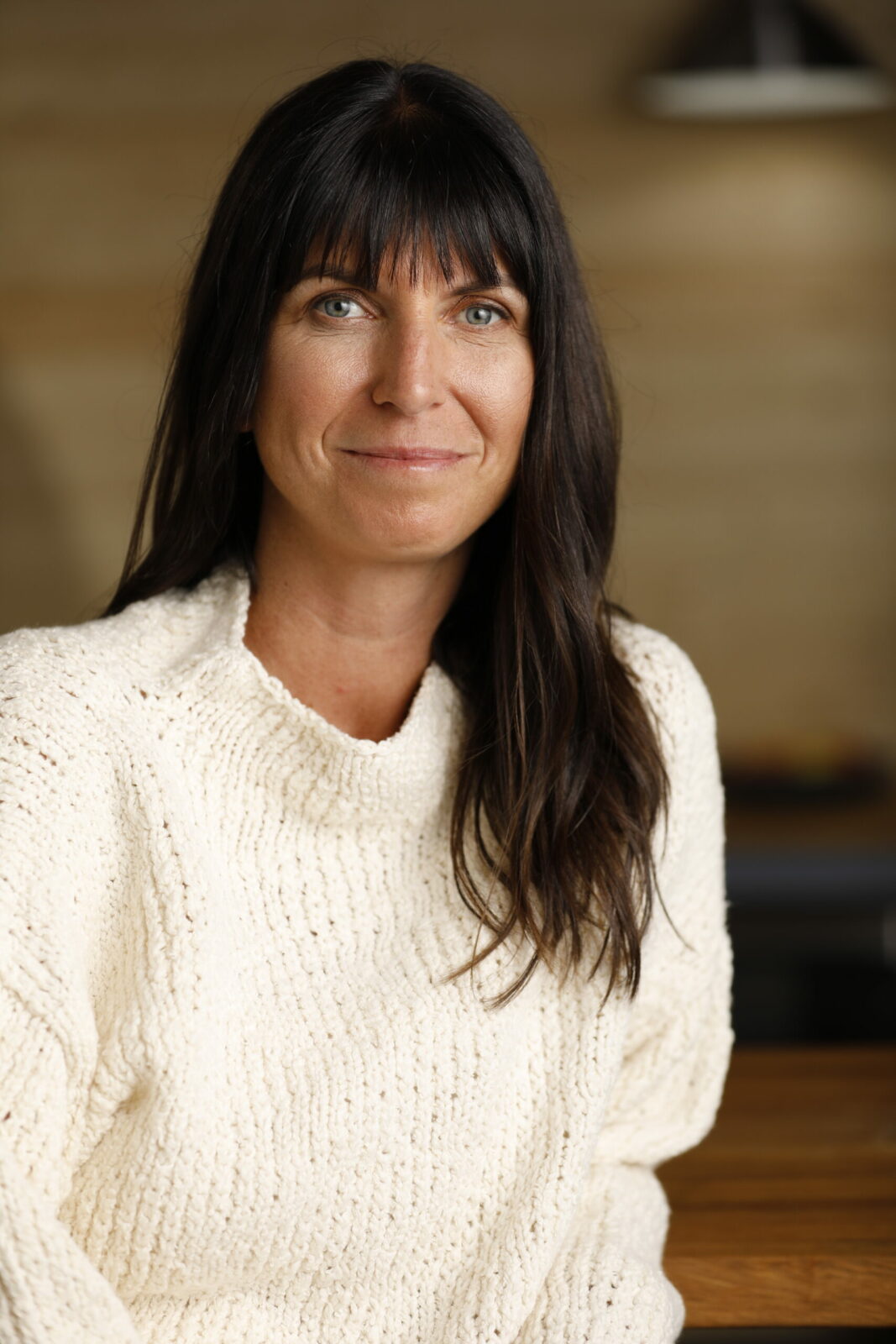
Kate Milliken
Kate Milliken
Kate Milliken is the author of If I’d Known You Were Coming, winner of the 2013 Iowa Award for Short Fiction, as well as the novel, Kept Animals, which was longlisted for The Center for Fiction First Novel Prize in 2020. Kate’s work as been supported by Ragdale, the Tin House Writers Workshop, Vermont Studio Center, and the Sewanee Writers Conference.
By Kate Milliken
-
.
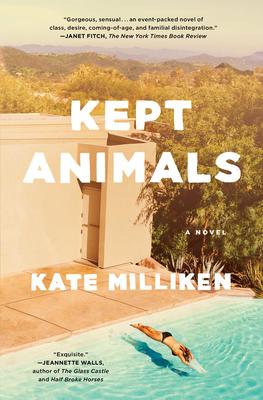
Kept Animals
By Kate Milliken
Published by Scribner
It’s 1993, and Rory Ramos works as a ranch hand at the stable her stepfather manages in Topanga Canyon, California, a dry, dusty place reliant on horses and hierarchies. There she rides for the rich clientele, including twins June and Wade Fisk. While Rory draws the interest of out-and-proud June, she’s more intrigued by Vivian Price, the beautiful girl with the movie-star father who lives down the hill. Rory keeps largely separate from the likes of the Prices—but, perched on her bedroom windowsill, Rory steals glimpses of Vivian swimming in her pool nearly every night.
After Rory’s stepfather is involved in a tragic car accident, the lives of Rory, June, and Vivian become inextricably bound together. Rory discovers photography, begins riding more competitively, and grows closer to seductive, mercurial Vivian, but despite her newfound sense of self, disaster lurks all around her in this “exquisite exploration of hurt and desire” (Jeannette Walls): in the parched landscape, in her unruly longings, in her stepfather’s wrecked body and guilty conscience. One night, as the relationships among these teenagers come to a head, a forest fire tears through the canyon, and Rory’s life is changed forever.
-
.
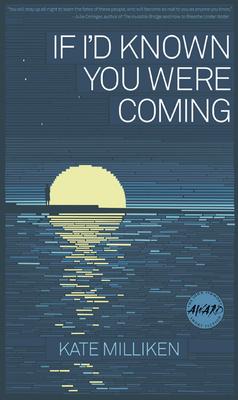
If I'd Known You Were Coming
By Kate Milliken
Published by University of Iowa Press
In these twelve award-winning stories, Kate Milliken unflinchingly shows us what can happen when the uninvited guest of our darkest desires comes to call. Whether surrounded by the white noise of a Hollywood celebration or enduring a stark winter in Maine, the characters of If I’d Known You Were Coming yearn to heal old wounds with new hurts. With a wry wit and a keen eye for emotive detail, the author of this unforgettable collection sets intersections in motion that will leave you both winded and wanting more.
In one story, a mother, driven by greed, unwittingly finds out how far her needs will push her. A hand model surprises himself and everyone else at the birthday party of an old friend’s daughter in another. With poetic deftness, a woman evaluates the meaning, the familial stories, that we carry with us from birth. In a story ripped from the headlines, a woman pines for the legs her husband lost in a freak accident at a Santa Monica farmer’s market. A medical clerk, restless and alone, takes advantage of a disabled neighbor.Kate Milliken knows the ties that bind and how tautly we will pull them. These are stories about desire, betrayal, love, regret, and family. Like all great fiction, If I’d Known You Were Coming possesses that uncanny ability to reveal us to ourselves.
.
About this series
Writing Workshops
We strive to make our classes the most inviting and rewarding available, offering an intimate environment to study with award-winning, world-class writers. Each class is specially designed by the instructor, so whether you’re a fledgling writer or an MFA graduate polishing your novel, you’ll find a perfect fit here.





